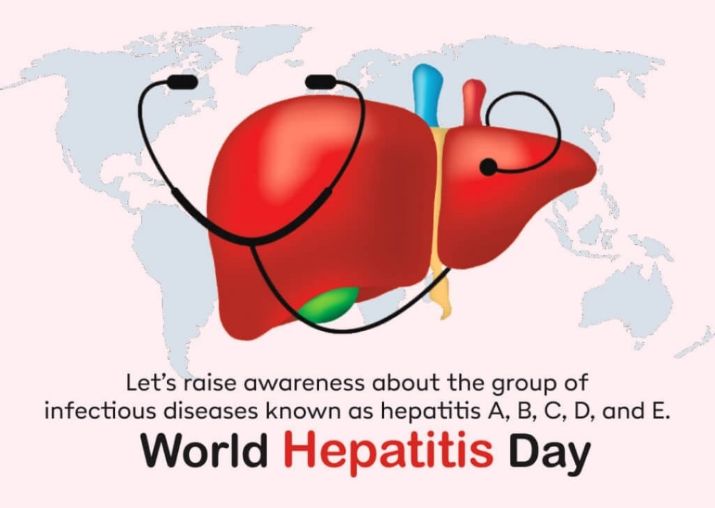Act now for a hepatitis-free future

Viral Hepatitis continues to silently affect millions in India
Experts urge early screening and vaccination
Team L&M
Viral hepatitis remains one of the leading causes of liver disease and deaths in India, yet many people are still unaware that they carry the infection. According to the World Health Organization, more than 354 million people across the world are living with chronic hepatitis B and C, and over 1.1 million people die each year due to complications such as liver cirrhosis and liver cancer. In India, it is estimated that 40 million people have Hepatitis B and up to 12 million have Hepatitis C.
Hepatitis is a condition where the liver becomes inflamed, usually due to viral infections. The main types of hepatitis viruses are A, B, C, D, and E. Hepatitis A and E usually spread through contaminated food and water, while Hepatitis B and C spread through infected blood or body fluids. The danger with Hepatitis B and C is that they can remain in the body for years without any symptoms, quietly damaging the liver until it’s too late.
Says Dr Akash Chaudhary, Clinical Director and Sr. Consultant Medical Gastroenterology, CARE Hospitals, Banjara Hills, Hyderabad, “The biggest problem is that many people with Hepatitis B or C don’t know they’re infected. They often visit the hospital only when their liver is already severely damaged. Simple screening tests can detect these infections early, and that’s what we want people to understand – early detection can save lives. World Hepatitis Day is a reminder for this.”
Prevention & Treatment
The good news is that both prevention and treatment are now much more accessible. Hepatitis B can be managed with long-term medicines that control the virus and protect the liver. Hepatitis C, once considered difficult to treat, can now be cured in nearly all cases using oral medication over just 2 to 3 months. These treatments are available in India and have already helped thousands of patients recover completely.
“Vaccination is a powerful preventive tool. The Hepatitis B vaccine is highly effective and should be administered to all newborns and at-risk adults. People must also avoid unsterile medical procedures, sharing of needles or razors, and ensure safe food and water practices to prevent Hepatitis A and E,” he emphasises.
He further added, “In many chronic hepatitis cases, especially those diagnosed late, liver damage can progress to cirrhosis or liver cancer, requiring advanced surgical interventions including liver resection or transplantation. But surgery is the last resort. Our goal is to prevent such complications through timely screening, medical management, and public awareness. On this Hepatitis Day, we urge people to act early – prevention is always better than a complex surgery.”
Experts at CARE Hospitals recommend regular liver check-ups and hepatitis screening, especially for people with a history of liver disease, blood transfusion, or high-risk behaviors. The hospital is also working to spread awareness through community programs, health camps, and patient education.
Wrong habits
Simple habits like avoiding alcohol, eating healthy, practicing safe sex, and getting vaccinated can go a long way in protecting the liver. Hepatitis doesn’t always show symptoms, but it can be prevented, treated, and even cured if caught early,” said Dr. Akash.
On the World Hepatitis Day today we urge everyone to take their liver health seriously. Don’t wait for symptoms, get tested, get vaccinated, and stay protected. A Hepatitis-free future is possible, but only if we act now.

